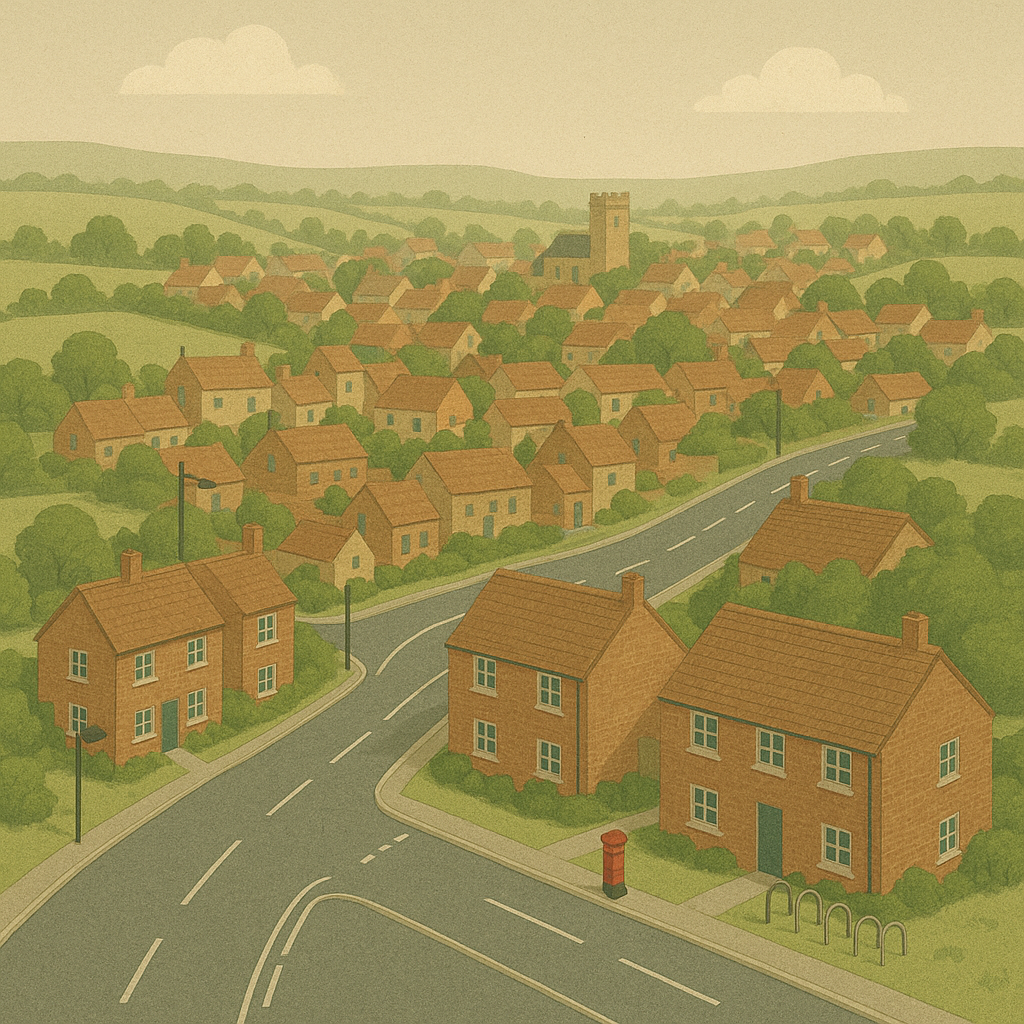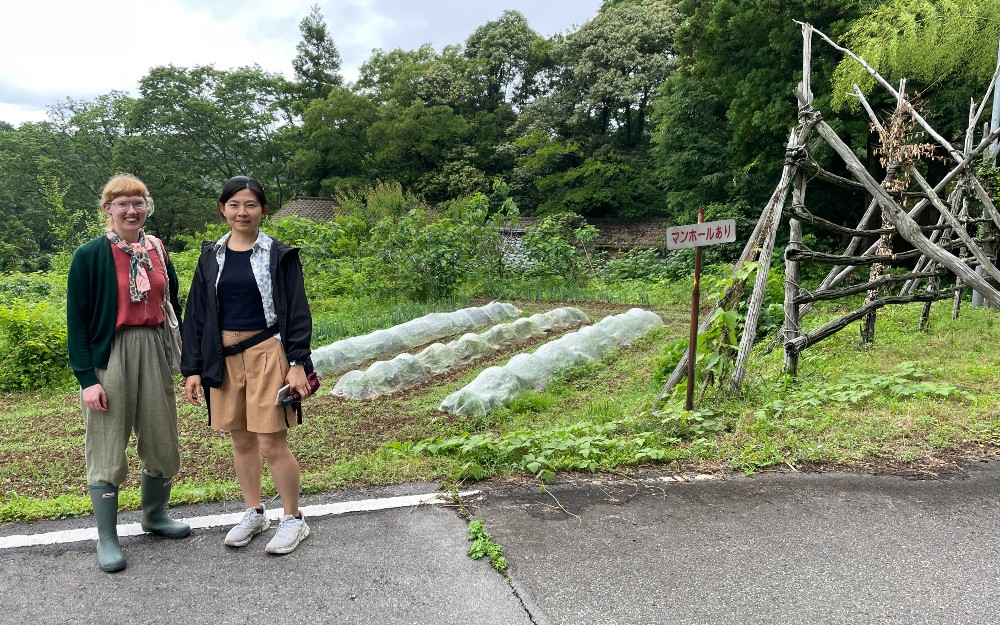Chris Short together with Bjørn Egil Flø from NIBIO were invited to a workshop at the University of Bern funded by the Sustainable Commons Adaptations to Landscape Ecosystems in Switzerland Research Project (SCALES) and the International Association for the Study of the Commons (IASC).
The workshop, ‘Historical Forms of Sustainability – Models for the Future? Collective Forests and Pastures since 1700 in a European Comparison‘, aims to investigate different forms of dynamic sustainability through different perspectives well suited for comparison from a European perspective.
The issue of sustainability remains high on the political agenda, and this is leading to questions regarding the role that commons have played in the past. It also raises questions in terms of the role they might play in the future. If commons and the institutions that are connected to them want to survive and continue to play a role in the future, then what is clear is that there need to be a high degree of transformation. Where is the capacity for such a change so that commons can both adapt to changing circumstances and be pro-active in shaping them.
Chris and Bjørn look at this from the perspective of commons in Norway and England where there are many similarities in current experiences even though England is only 3% of its land area as commons compared to almost 70% in Norway. Also in the workshop are presentations about commons from across Europe, covering Scotland, Spain, Italy, France, Germany as well as Switzerland, The outcome is intended to be further research co-operations and the development of project partnerships and collaboration.
The findings Chris will be presenting stem from the FUTGRAZE project, a collaboration with Bjørn Egil Flø from NIBIO supported by Julia Aglionby from the Foundation for Common Land.
Chris’ presentation can be accessed via the CCRI’s Slideshare page.





